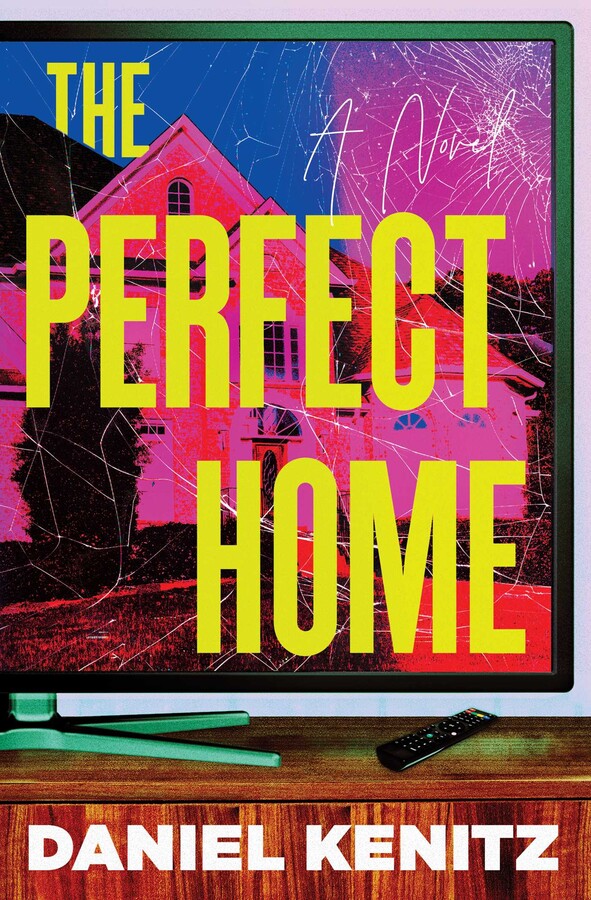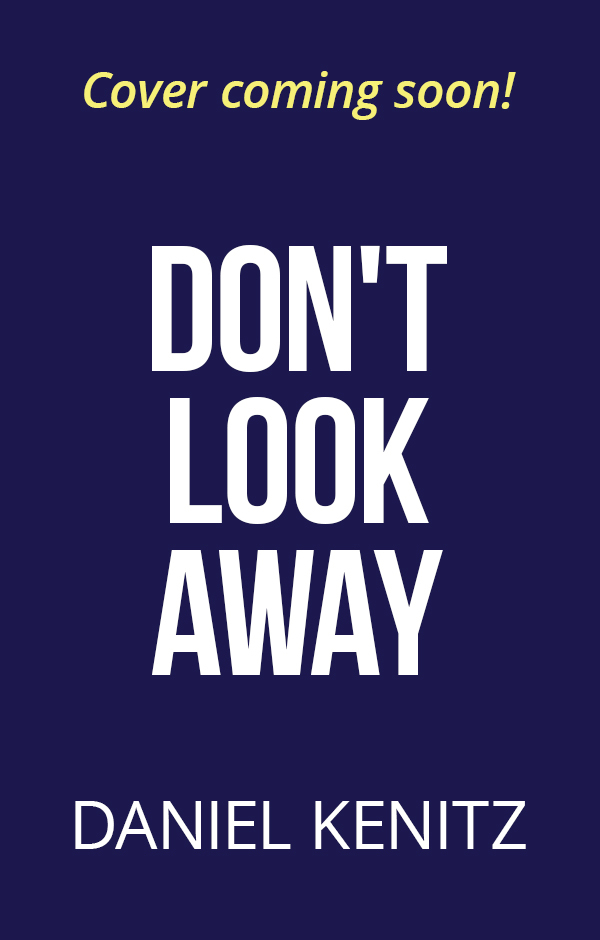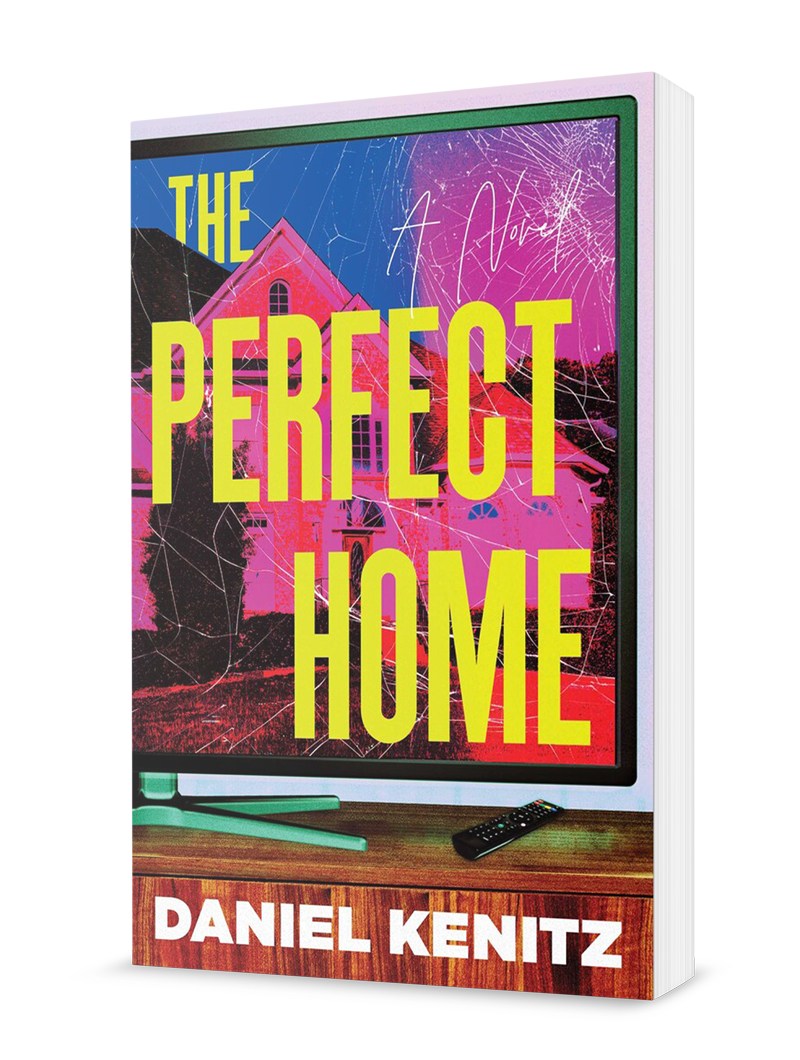“Wickedly entertaining...”
—Publishers Weekly

About the Book
Dawn Decker thought she had the perfect life: a dream home, twin babies, and a celebrity husband adored by millions. But when she uncovers his twisted plan to trade their family’s tragedy for more fame, she flees. Branded unstable by the man America admires, Dawn must protect her children while beating America’s favorite son at his own game.
About the Author
Daniel Kenitz is the author of “The Perfect Home” and the forthcoming thriller “Don’t Look Away.” His short fiction has been nominated for the Pushcart Prize.

Praise for The Perfect Home
“Wickedly entertaining…sharp, unpredictable, and chock-full of suspense, this domestic thriller expertly toys with readers’ sympathies.”
—Publishers Weekly
“You could easily devour The Perfect Home in one sitting if it wasn’t so nerve-jangling that you have to put it down to regain your composure. This book had me shocked, despondent and furious in turns, and I loved it.”
—Donna Edwards,
Associated Press
“Addictive and utterly compelling, The Perfect Home is a brilliant exploration of the razor-sharp line between love and hate, and the difference between truth and fiction.”
—Christina McDonald,
USA Today bestselling author of What Lies In Darkness
“A unique and enthralling thriller from a great new voice in the genre. Kenitz takes a wrecking ball to the fable of the perfect home while at the same time skewering the culture of fame. Both dark and fun with twists you won’t see coming. A killer debut.”
—Alex Finlay, bestselling author of
If Something Happens to Me
“If you’ve always thought there was a strangely dark undercurrent to home-improvement shows, you might enjoy The Perfect Home too.”
—NPR
“If you are looking for an addictive novel, you have found the perfect prescription for a thriller that delivers!”
—Pamela Klinger-Horn,
Shelf Awareness
Coming Summer 2026
from Simon & Schuster

